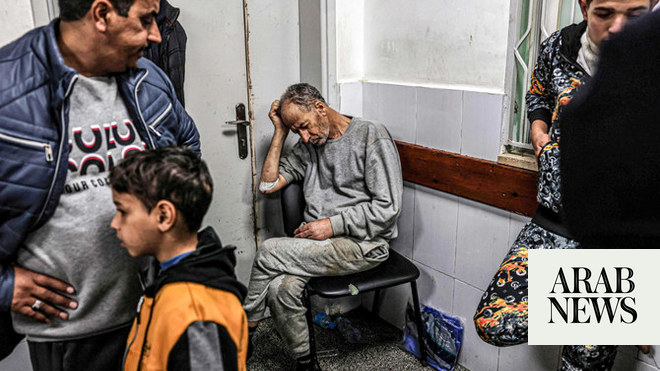
GENEVA – The UN Special Rapporteur on Torture has called on the Government of Ecuador to ensure that detained former vice-president Jorge David Glas Espinel is treated humanely and with dignity, warning that his situation may be life-threatening. She has also requested information about action taken to investigate and prosecute serious allegations of torture.
“I am disturbed by medical and other reports which suggest that Mr. Glas was subjected to torture, including dislocated thumbs, lacerations on his wrists from the over-use of handcuffs, and contusions and bruising on his arms, thighs and thorax, indicative of physical beatings,” Edwards said.
The Special Rapporteur also raised concerns about Glas’ placement in La Roca maximum-security prison, in Guayaquil, and the conditions of his detention. Glas is reportedly detained in a small cell without windows, for up to 23 hours per day and without meaningful social contact. Restrictions on electricity mean that his cell is lit for a few hours only during the evenings. The cell is reported to be unhygienic.
“These conditions would fall short of international standards,” the Special Rapporteur said.
“The Government of Ecuador has the duty to provide Mr. Glas and all detainees with the necessary medical care and regular monitoring of health, as well as appropriate space, hygiene, sanitation, lighting and ventilation.
“I am particularly concerned that Mr. Glas’ physical and psychological health may be seriously compromised by the conditions in which he is being held. I further remind the Government and prison authorities that solitary confinement should only be used in exceptional cases and that prolonged isolation beyond 15 days is a form of torture.”
Glas served as Vice-President of Ecuador from 2013 to 2017. He was convicted in two separate proceedings on corruption-related charges and sentenced to six years in prison in 2017 and eight years in 2020. After his conditional release in November 2022, the National Court of Justice issued a new arrest warrant in 2024 relating to corruption, which he denies. Mexico granted him political asylum after he sought refuge at their embassy in Quito.
Edwards additionally expressed alarm at the storming by Ecuadorian security forces of Mexico’s Embassy in violation of the inviolability of diplomatic premises, which she has also raised with the Ecuadorian Government.
The Special Rapporteur has written to the Government of Ecuador and has communicated with Germany, where Glas has nationality, and Mexico and will continue to follow developments on the case.
Dr. Alice Jill Edwards, Special Rapporteur on Torture and other Cruel, Inhuman or Degrading Treatment or Punishment.
This statement was endorsed by: Mr. Morris Tidball-Binz, Special Rapporteur on extrajudicial, summary or arbitrary executions; Ms. Margaret Satterthwaite, Special Rapporteur on the independence of judges and lawyers.
Special Rapporteurs are part of what is known as the Special Procedures of the Human Rights Council. Special Procedures, the largest body of independent experts in the UN Human Rights system, is the general name of the Council’s independent fact-finding and monitoring mechanisms that address either specific country situations or thematic issues in all parts of the world. Special Procedures experts work on a voluntary basis; they are not UN staff and do not receive a salary for their work. They are independent of any government or organisation and serve in their individual capacity.
UN Human Rights, Country Page – Ecuador
For more information and media requests, please contact Mr. Alessandro Marra (alessandro.marra@un.org / +41 22 928 93 21)
For media enquiries regarding other UN independent experts, please contact Dharisha Indraguptha (dharisha.indraguptha@un.org) or Safa Msehli (safa.msehli@un.org)
Follow news related to the UN’s independent human rights experts on X platform @UN_SPExperts








